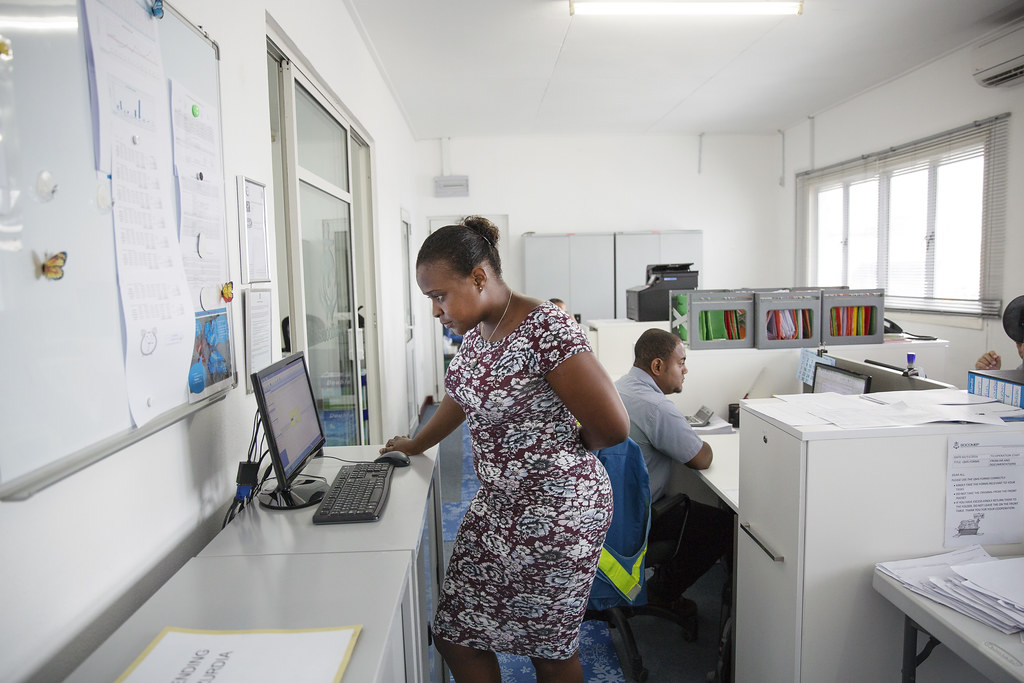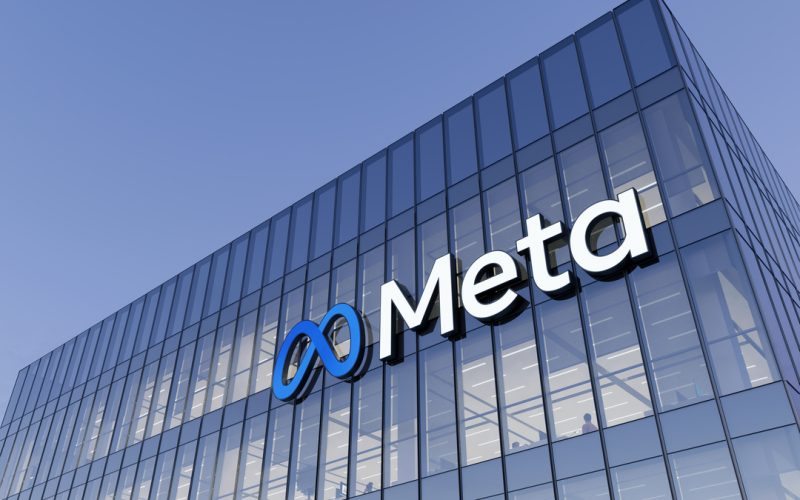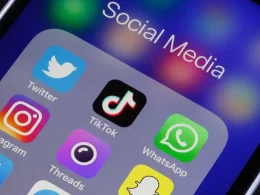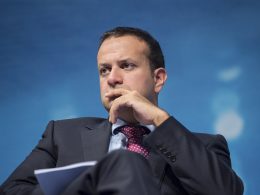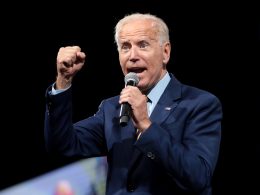The United States continued to defy predictions of a slowdown last month, with employment growth remaining robust.
More than projected, 311,000 new jobs were created by businesses in February, with the hospitality sector mostly responsible.
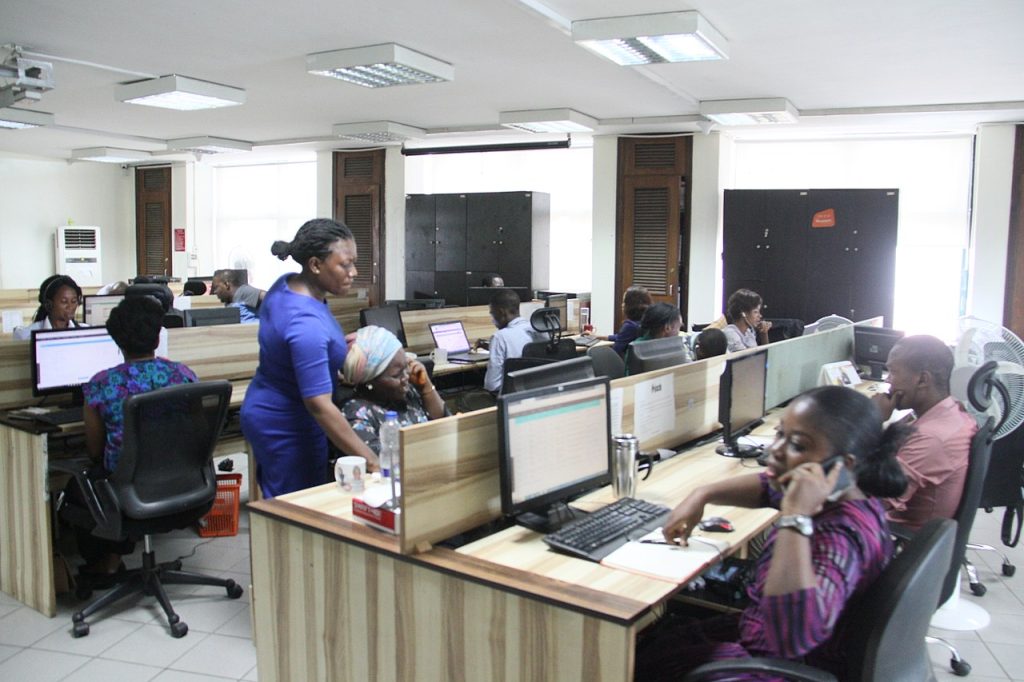
The unemployment rate rose slightly from January’s record low of 3.4% to February’s 3.6%.
The US Federal Reserve is attempting to reduce inflation by slowing the economy.
But even as the bank has raised interest rates to their highest levels since 2007, the employment market has shown remarkable resilience.
According to Charles Schwab UK managing director Richard Flynn, “officials are likely to decide that the inflation rate is running hot and needs to be cooled more” until job statistics reflect less demand within the economy.
There was an annual rate of increase in prices (or inflation) of 6.4% in the United States in January.
Even if it has decreased since the summer of last year, this rate is still much above the 2% threshold considered healthy by most central banks.
Federal Reserve Chairman Jerome Powell expressed concern that progress was slowing in controlling prices and thus cautioned this week that the Fed might raise its benchmark rate faster and further than planned.
The robust labor market was highlighted as one of the drivers maintaining price inflation.
After a surprising January hiring spike, the economy added jobs in February.
U.S. Labor Department data shows that average hourly pay in February was 4.6% higher than it was a year earlier, thanks in large part to the tight labor market.
Despite the strong labor market, many economists worry that the United States economy would suddenly slow down and enter a recession.
Higher interest rates make it more costly for companies to borrow money and for individuals to make large purchases like homes and cars.
But, according to University of Michigan public policy and economics expert Justin Wolfers, concerns about a severe economic slump are unwarranted.
Although the February employment report may be discouraging to those hoping to purchase a home with a mortgage, he assured the public that the economy is healthy and will continue to expand.
He argued that the Fed’s actions were unlikely to totally offset such significant hiring, despite the fact that higher interest rates tend to limit GDP.
He remarked that the current situation of the economy provided the best indication of its future performance. There is a sense of recession but no actual recession.






